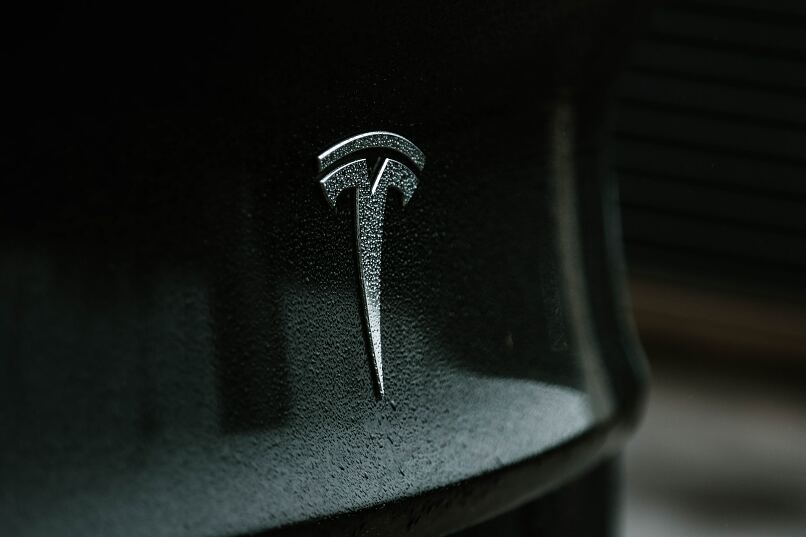Tesla Facing Class Action Lawsuit Due to Privacy Violations

Tesla is facing a class action lawsuit from one of its car owners who alleges that the electric carmaker has violated the privacy of its customers.
Henry Yeh, a San Francisco resident who owns Tesla's 2022 Model Y, filed the lawsuit on Friday, April 7th, in the US District Court for the Northern District of California. Yeh's lawsuit alleged that "In violation of its privacy policy and their rights to privacy, Tesla stored — and Tesla employees accessed, used, and shared — video recordings and images of customers, without their consent."
Yeh's lawsuit came after a Reuters report revealed that Tesla employees had privately shared highly invasive videos and images recorded by customers' car cameras between 2019 and 2022. According to the report, Tesla employees had access to the cars' private camera recordings that were originally intended to improve and assist with Tesla's self-driving capabilities.
The complaint states that Tesla employees accessed and shared the recordings for their "tasteless and tortious entertainment" and "the humiliation of those surreptitiously recorded." Yeh is filing the complaint on behalf of himself, the general public, and similarly-situated class members. This prospective class would include individuals who owned or leased a Tesla within the past four years.
The lawsuit alleges that Tesla's privacy violations affect "each and every person with a Tesla vehicle, their families, passengers, and even guests in their homes." The recordings that Tesla employees shared included embarrassing and private footage, such as a naked man approaching a Tesla vehicle, car crashes, and road-rage incidents. According to the lawsuit, the shared images also included recordings of customers' private spaces, such as their garages and homes.
A former Tesla employee stated that it was possible to see customers "doing laundry and really intimate things. We could see their kids." The complaint further alleges that some recordings were made after Tesla vehicles were parked and turned off.
In its customer privacy notice, Tesla assures its millions of electric car owners that the cameras in its vehicles are "designed from the ground up to protect your privacy"; and that "camera recordings remain anonymous and are not linked to you or your vehicle." The notice also states that customer consent for data sharing is required for camera recordings to be shared with Tesla.
Tesla's car cameras have previously drawn scrutiny from politicians, users, and advocacy groups concerned about privacy risks. Last year, a resident of Illinois filed a lawsuit against the company claiming that it had collected, stored, and analyzed his facial characteristics using its biometric camera while he was driving a Model 3, all without his permission. In the same year, a German consumer association filed a lawsuit against the company, alleging that the use of the cars' cameras violated European privacy laws.



Please, comment on how to improve this article. Your feedback matters!